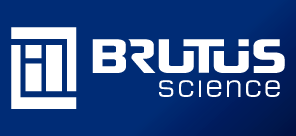
Resumo OBJECTIVES: We conducted health literacy environmental scans in 26 Maryland community-based dental clinics to identify institutional characteristics and provider practices that affect dental services access and dental caries education. METHODS: In 2011-2012 we assessed user friendliness of the clinics including accessibility, signage, facility navigation, educational materials, and patient forms. We interviewed patients and surveyed dental providers about their knowledge and use of communication techniques. RESULTS: Of 32 clinics, 26 participated. Implementation of the health literacy environmental scan tools was acceptable to the dental directors and provided clinic directors with information to enhance care and outreach. We found considerable variation among clinic facilities, operations, and content of educational materials. There was less variation in types of insurance accepted, no-show rates, methods of communicating with patients, and electronic health records use. Providers who had taken a communication skills course were more likely than those who had not to use recommended communication techniques. CONCLUSIONS: Our findings provide insight into the use of health literacy environmental scan tools to identify clinic and provider characteristics and practices that can be used to make dental environments more user friendly and health literate.
FONTE: HTTPS://WWW.NCBI.NLM.NIH.GOV/PMC/ARTICLES/PMC4103217/?TOOL=PUBMED
